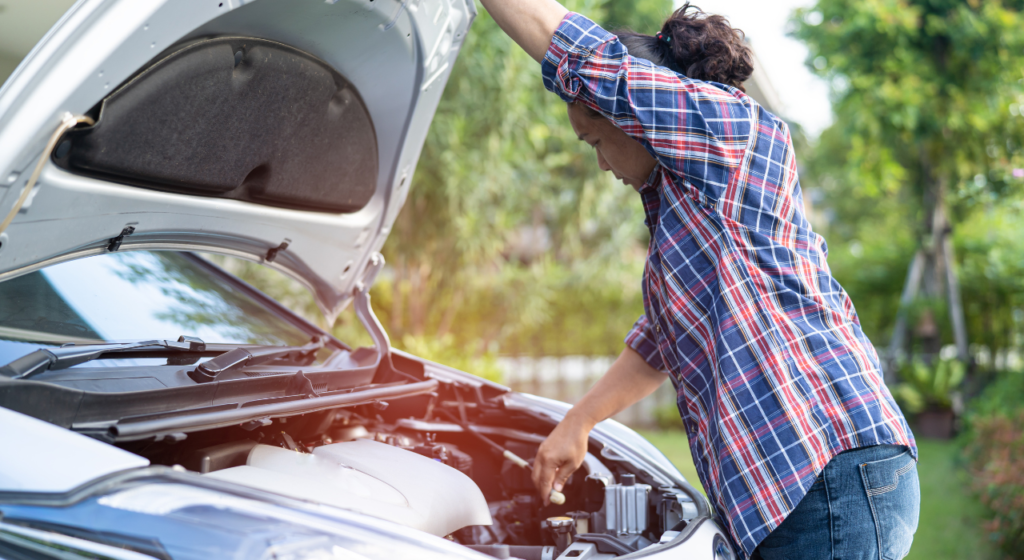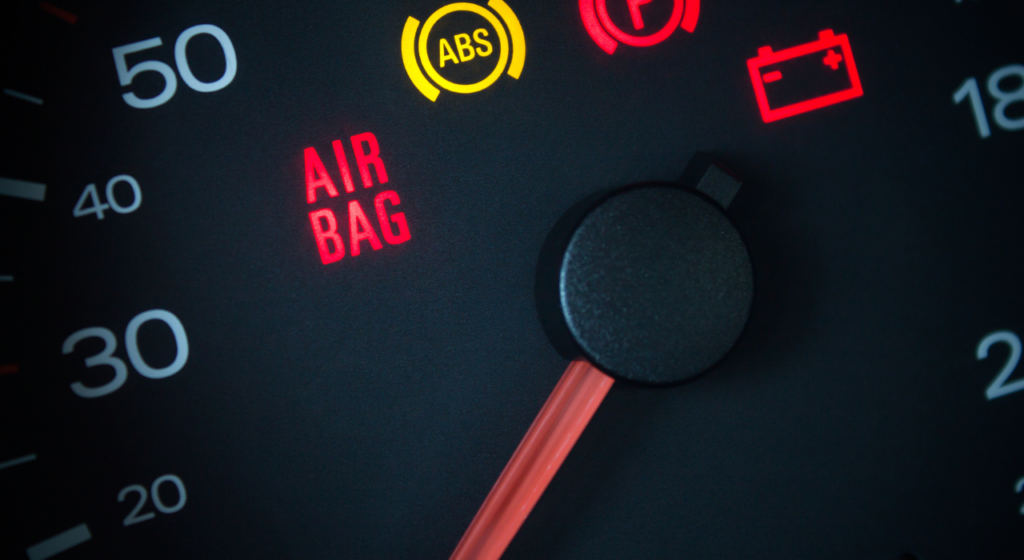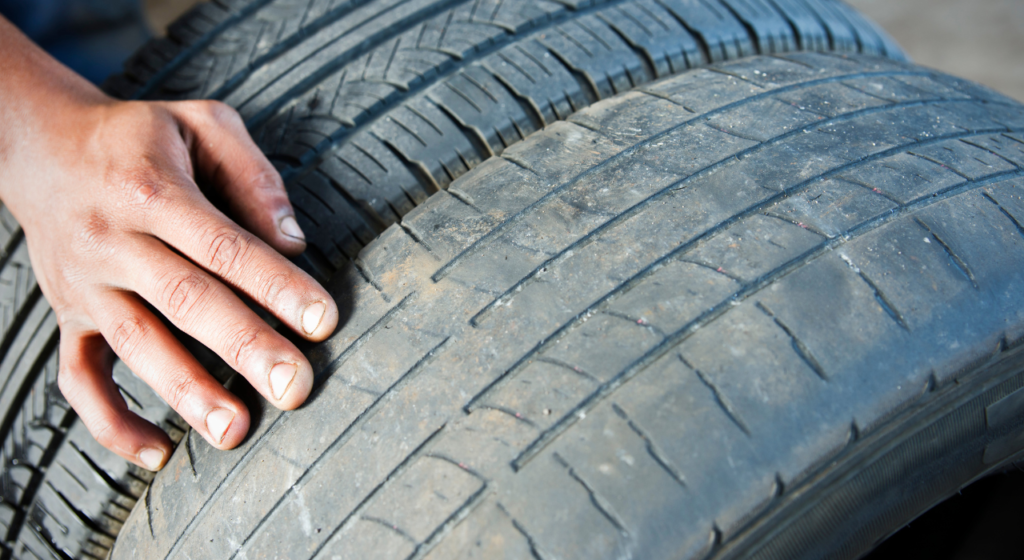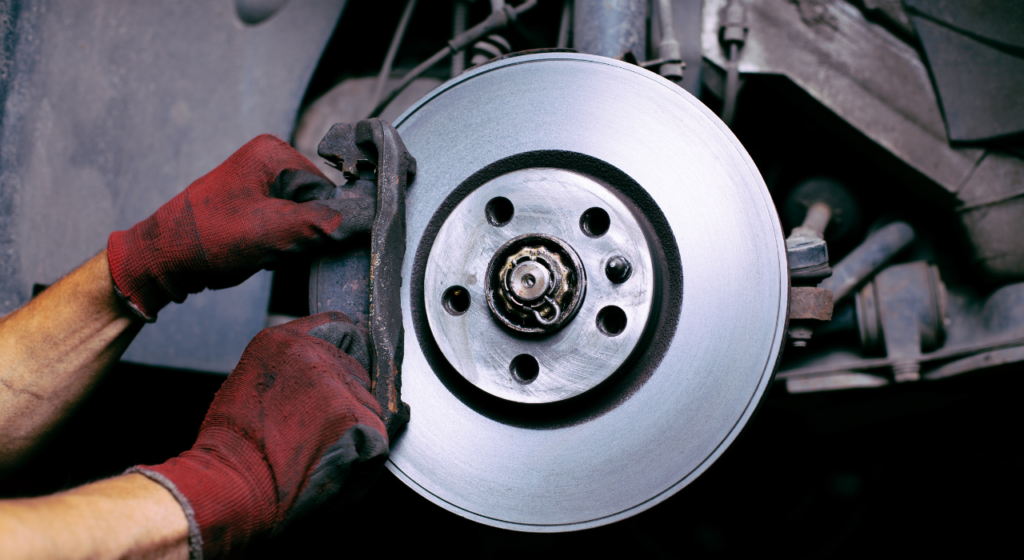Monday to Saturday - 8:00 -17:30

Table of Contents
Toggle7 Powerful Ways to Spot Car Repair Needs Before They Turn Costly
Introduction: Why Staying Ahead of Car Repairs is Crucial
Maintaining a car can be daunting, but catching repair needs early can save you time, money, and stress. Imagine avoiding a major breakdown just by identifying a minor issue in time! This guide will teach you 7 powerful ways to check your car for any repair needs, empowering you to stay ahead and keep your vehicle running smoothly.
Your car is more than a mode of transport—it’s an investment. Regular checks for car repair needs will not only protect this investment but also ensure your safety on the road.

1. Listen to Your Car: Sounds Matter
Your car speaks through its sounds. Any unusual noises, like squealing brakes, knocking engines, or whining belts, could signal a car repair need.
- What to Do: Turn off the radio occasionally to focus on the sounds your car makes during drives.
- Common Signs: A high-pitched screech when braking could mean worn brake pads, while a ticking noise might point to low oil levels.
2. Look for Warning Lights on the Dashboard

The dashboard lights are your car’s way of alerting you to potential issues. Ignoring them could lead to expensive car repair bills.
- What to Check: Engine light, battery light, oil pressure light, and tire pressure warnings.
- Pro Tip: A professional diagnostic scan can quickly reveal the root cause of warning lights.
3. Inspect the Tires for Uneven Wear
Tires often show early signs of underlying issues in suspension, alignment, or inflation. Checking your tires regularly can help you catch these issues before they escalate into major car repair needs.
- What to Look For: Uneven tread wear, low pressure, or cracks on the sidewalls.
- Simple Fix: Rotate your tires every 5,000 to 7,000 miles to prevent uneven wear.

4. Monitor Fluid Levels Regularly
Low or dirty fluids are a common indicator of car repair needs. Oil, brake fluid, coolant, and transmission fluid are vital for keeping your car running smoothly.
- What to Do: Check fluid reservoirs under the hood monthly.
- Pro Tip: Dark or sludgy oil means it’s time for a change. Low coolant could indicate a leak.
📍 Learn more about fluid top-ups.

5. Pay Attention to Brake Performance
Your brakes are one of the most critical safety components. Don’t wait until they fail to schedule a car repair.
- Warning Signs: Reduced responsiveness, grinding noises, or the car pulling to one side during braking.
- Action Plan: Schedule a professional inspection every 12,000 miles or if you notice these symptoms.

6. Look Under the Car for Leaks
Puddles under your car could mean trouble. Fluids like oil, coolant, or transmission fluid leaking can point to serious car repair needs.
- What to Do: Check for spots of green (coolant), red (transmission fluid), or black (engine oil) under your car after parking overnight.
- Pro Tip: Get leaks checked immediately to prevent damage to critical systems.
Don’t wait Call us today!
We will take care of your car for you.
7. Test Your Car’s Battery and Lights
A weak battery or dim lights can leave you stranded, often requiring immediate car repair or replacement.
- What to Check: Corrosion on battery terminals, dim headlights, or flickering interior lights.
- Pro Tip: Batteries generally last 3-5 years; replace yours proactively if it’s older.
Why Regular Maintenance is the Ultimate Prevention
Routine maintenance is the cornerstone of avoiding major car repair expenses. Regular oil changes, tire rotations, and inspections can identify potential issues before they become costly.
Common Mistakes to Avoid When Checking for Car Repairs
Even seasoned drivers make these mistakes:
- Ignoring minor issues like unusual smells or noises.
- Relying solely on dashboard warnings without proactive inspections.
- Delaying regular service appointments.
When to Seek Professional Help
While DIY checks are helpful, certain issues require professional expertise. If you’re unsure about a potential problem, it’s better to err on the side of caution and consult a trusted car repair expert.
📍 Contact our experts today for a free consultation.
Conclusion: Stay Ahead of Car Repairs
By following these 7 powerful ways to check for car repairs, you can save time, money, and the headache of unexpected breakdowns. Regular monitoring, combined with professional maintenance, ensures your car stays in peak condition for years to come.
Ready to give your car the care it deserves?
📍 Visit Aida Auto Sales & Services for trusted car repair solutions.
